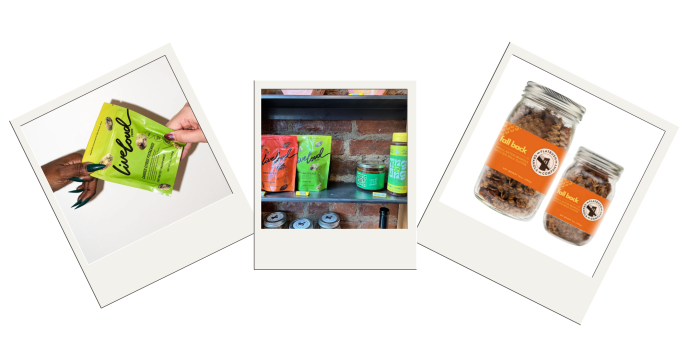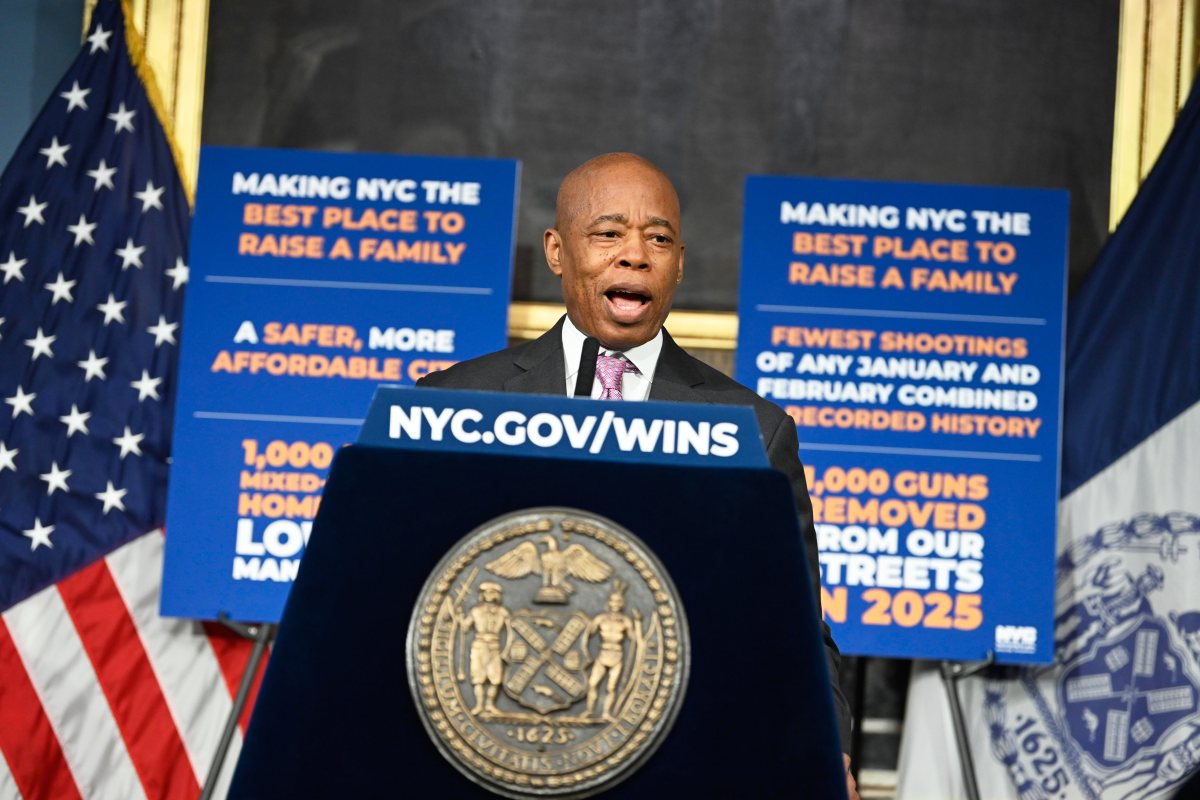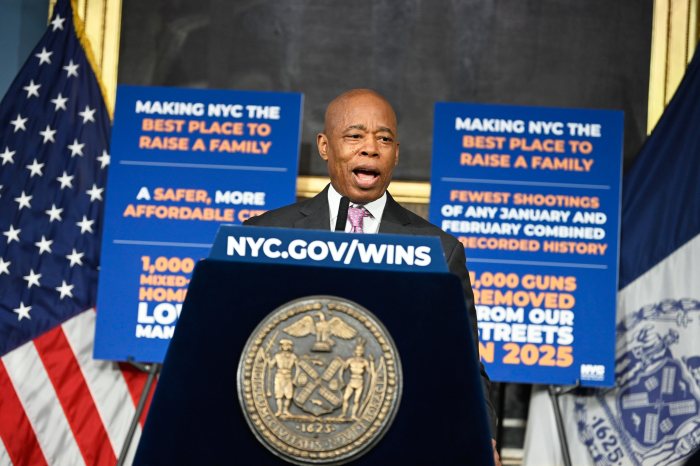The Pan American Health Organization (PAHO) is urging Caribbean countries to tax tobacco, alcohol and sugar-sweetened beverages, saying that the taxes can help reduce consumption of these products and generate income that can be used to improve the health of the Caribbean population.
On Tuesday, PAHO opened in Barbados the three-day Caribbean Sub-regional Workshop on Alcohol, Tobacco and Sugar-Sweetened Beverages, bringing together health and finance officials from 17 countries and territories.
The Washington-based PAHO said the adoption of these tax measures can contribute to reducing the burden of hypertension, diabetes, cardiovascular diseases and cancer, and reduce the “devastating social and economic consequences.”
“Implementing taxes on the consumption of unhealthy products requires decisions by health authorities, as well as finance authorities who design tax policies,” PAHO said.
It said that, in the Caribbean countries, noncommunicable diseases account for three out of four deaths.
Tobacco use, harmful alcohol use, unhealthy diets and physical inactivity are the main causes of these diseases, PAHO said.
Compared to other sub-regions of the Americas, PAHO said Caribbean populations have the highest probability of dying prematurely, between the ages of 30 to 70 years, from one of these noncommunicable diseases.
“Taxes can be a very effective tool for not only reducing deaths in the region because of these diseases, but as a source of funding for public health interventions that are necessary to care for or affect affected people,” said Dr. Jessie Schutt-Aine, PAHO’s Caribbean Sub-regional Program Co-ordinador. “We all win if these measures are applied and more is invested in healthy interventions.”
Currently, PAHO said the use of excise taxation of these products in the Caribbean continues to be limited.
Of the 14 PAHO member countries in this region, PAHO said 11 have excise taxes on tobacco, 11 on alcohol, and two countries — Barbados and Dominica — recently implemented sugar taxation as a way to deal with the obesity epidemic.
However, of the 11 countries that have taxes on tobacco, none reaches the level recommended by the World Health Organization (WHO) of more than 70 percent of the final sales price, PAHO said.
“Taxation cannot be applied alone, and should be part of a comprehensive policy to reduce consumption of these products, which also involves restrictions on marketing, packaging conditions, sharing appropriate nutrition information to inform consumers, and creating healthy environments, among others,” PAHO said.
At the current meeting, PAHO said health and financial authorities are evaluating various experiences in the Caribbean and in other parts of the world, as well as paths each country has taken to apply this type of taxation.
Delegates of the countries are sharing their experiences and discussing the possibility of implementing taxation proposals, not only from a health perspective but also from the economic and financial point of view, PAHO said.
In 2013, it said the countries of the Americas, including the Caribbean, committed themselves to reduce, by 25 percent, the premature deaths due to noncommunicable diseases by the year 2025.
PAHO said the measures in the Plan of Action include implementation of taxes.

























